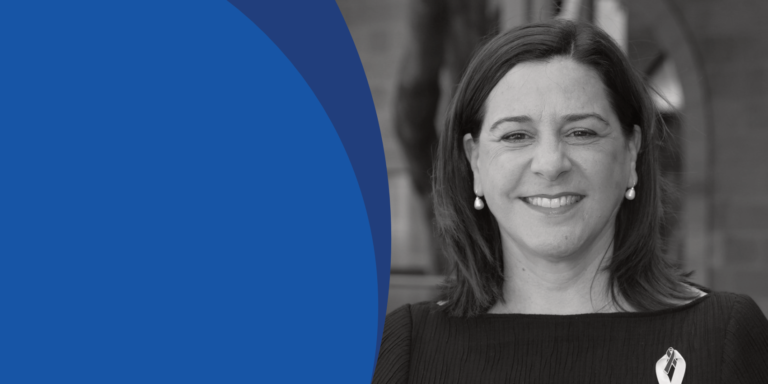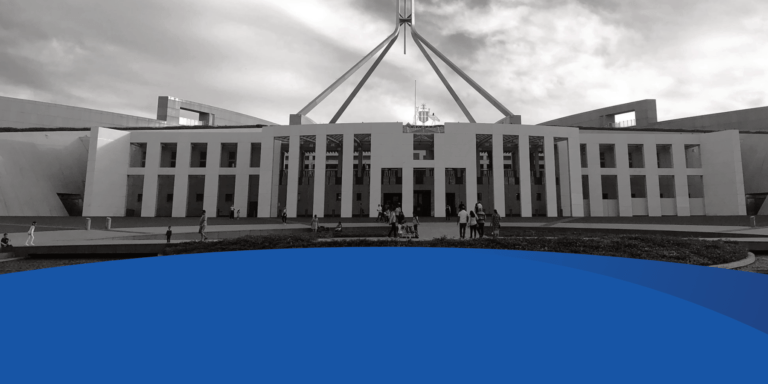At a national level, we’re campaigning for the discriminatory hiring practices to be removed from the NSCP and for the program to be expanded to include for the provision of suitably qualified and experienced youth welfare workers, regardless of religious or non-religious affiliation.
We’re also calling for the program to allow schools to hire the student welfare and pastoral care workers directly, rather than through outsourcing arrangements. The current outsourcing model for the NSCP diverts federal funds to the support of the operations and profitability of religious labour-hire organisations.
Around the states, we have been in correspondence with a number of state equal opportunity/human rights commissions – such as in Queensland, Tasmania, Victoria and Western Australia – to raise with them the religious-based discrimination taking place within the chaplaincy program. As a result, a number of these commissions have raised concerns about the religious-based discrimination in the program.
Queensland
In response to our December 2020, Queensland Human Rights Commissioner Scott McDougall advised us that he would write to the Department of Education to “suggest changes [to the school chaplains program] addressing potential contraventions of the [Queensland’s Anti-Discrimination] Act”.
Tasmania
In response to our complaint in late 2020, the state’s Equal Opportunity Commission wrote to the state education department seeking an explanation into the hiring practices involved in the chaplaincy program. In FOI documents obtained by us, the Secretary of the Department of Education, confirms that the federally funded positions allow for only religious people to apply.
Victoria
In 2018, we provided support to a non-religious school chaplain, Juliette Armstrong, to bring a discrimination claim against a chaplaincy provider organisation and the Victorian Department of Education and Training.
When Juliette’s contract expired, she was unable to find another school chaplain job because all the jobs currently advertised required applicants to be Christian, even though the jobs were for placements in government schools. She commenced proceedings in the Victorian Civil and Administrative Tribunal (VCAT), arguing that the provider had contravened Victoria’s laws against religious discrimination and that the Victorian Department of Education and Training had contravened Victoria’s laws against authorising or assisting religious discrimination. The case settled.
In early 2019, the Victorian Department of Education and Training changed its chaplains policy documentation to expressly provide that non-religious people are eligible to be employed as school chaplains. However, a number of chaplaincy providers continue to limit government school chaplaincy positions to Christians, and the Victorian Department of Education and Training appears to turn a blind eye to this.
Western Australia
Early in 2021, we wrote to the state’s Equal Opportunity Commission to point out that the selection criteria for taxpayer-funded chaplaincy roles being advertised for WA public schools were discriminating against non-Christians. In reply, Commissioner John Byrne agreed with the suggestion that the practice of restricting chaplaincy positions to Christians constituted “prima facie religious conviction discrimination”.







